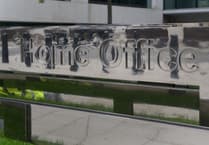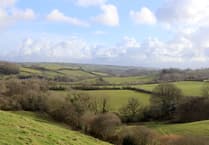Women Talking
Cert - 15, Run-time - 1 hour 44 minutes
Director - Sarah Polley
After a series of severe sexual assaults a group of women discuss whether to leave or stay in their Amish community.
When you read the basic synopsis of Women Talking you’d perhaps think that it would be well-suited to the stage. However, while much of the discussion takes place within a singular barn it’s the scenes outside the building that create the most impact. As the central ensemble of women watch their children playing, or simply think about the world outside the gates and fences they’re surrounded by, there’s an effective nature pushed by Sarah Polley’s direction.
About halfway through the true effect of such moments are shown as the ensuing debate is brought to a sudden halt by a reminder of the outside world. It’s this simple, naturalistic moment which acts as a turning point in the film where the wheels turn in a different direction and progress and action start to be made.
The two options up until this point have been to either stay within the Amish commune and do nothing about the increasing sexual assaults and abuse that’s being faced, or leave, venturing into an uncertain and unfamiliar world. The back and forth of views, opinions and arguments is wonderfully performed by the ensemble cast - including the likes of Rooney Mara, Jessie Buckley, Claire Foy (for me, the standout of a film of many great performances) and a brief set of appearances from Frances McDormand. There’s an easily engaging nature to the conversation, again enhanced by the scenes and images outside of the barn.
In many ways it’s the performances which act as the continuous hook throughout. Capturing the personal and open confliction within the characters as they try to come to a decision against the feeling of an unseen ticking clock. They work well with Polley’s direction and the choices she makes throughout the deepen the development and the personal angles and input of certain figures. The experiences which they acknowledge and open up about throughout adds to the emotions which are on display alongside the direct manner in which the film presents itself.
Much of this captured in the film’s closing stages which use the strengths as the big final push. It brings about the thought that it may very well have more effect on a re-watch (although there’s certainly plenty on a first viewing thanks to the various different elements at work). All part of a film that knows how to not limit itself whilst finding its biggest bursts and pushes within its naturalistic elements.
The barn may be where the conversation and debate is held, but it’s when taking breaths outside (both the characters and the film) that it truly develops. It’s perhaps the most subtle and significant factor of Women Talking, and it’s all the better for it. Much of which is down to Sarah Polley’s direction and the way in which she captures the world of the film and its strongly-performed ensemble.
Jamie Skinner - Four stars



